Coconut flour is a type of flour made from the white meat of coconuts after most of the oil has been extracted as Virgin Coconut Oil. It is made by drying the coconut meat and then grinding it into a fine powder.
Born in Nature Coconut Flour is made by the Coconut meal extracted from the typical Virgin Coconut Oil process and its completely free from brown specks and other discoularations.
MOQ: 5kg
Appearance: White to light beige colour powder.
Flavour: Slightly sweet characteristic coconut flavour.
Odor: Characteristic coconut aroma.
Total Fat: 5%-8%
Packaging: Corrugated carton with inner alufoil bag
Preservatives/Additives: No
Allergens: Coconut is considered as an allergen according to FDA.
Shelf life: 1 year
Storage conditions: Should be kept in a clean, dry place at room temperature.
Coconut flour is a nutrient-dense food that offers a variety of health benefits. Some of the key health benefits of coconut flour include:
High in fiber: Coconut flour is a good source of dietary fiber, which can help promote regular bowel movements and prevent constipation. The high fiber content also helps to slow down the digestion and absorption of carbohydrates, which can help regulate blood sugar levels.
Gluten-free: Coconut flour is a gluten-free alternative to wheat flour, making it a good choice for people with celiac disease or gluten intolerance.
Low in carbohydrates: Coconut flour is lower in carbohydrates than wheat flour, making it a good choice for people following a low-carb or ketogenic diet.
High in healthy fats: Coconut flour is high in healthy fats, including medium chain triglycerides (MCTs), which can help promote weight loss and improve heart health.
Rich in protein: Coconut flour is a good source of protein, which can help promote muscle growth and repair.
Rich in antioxidants: Coconut flour is a good source of antioxidants, including phenolic compounds, which can help protect against cellular damage and reduce the risk of chronic diseases.
Promotes gut health: Coconut flour can also help promote healthy gut bacteria, which is important for overall health and well-being.
Coconut flour is a versatile ingredient that can be used in a variety of sweet and savory recipes. Some common uses of coconut flour include:
Baking: Coconut flour is a popular ingredient in gluten-free and grain-free baking. It can be used to make cakes, cookies, bread, pancakes, waffles and other baked goods. Because of its high absorbency, it often requires more eggs, liquids, or other binders than wheat flour.
Coating: Coconut flour can be used as a coating for meat, fish, or poultry dishes. It can be mixed with herbs, spices, and other seasonings to create a flavorful crust.
Thickening: Coconut flour can be used as a thickener in soups, sauces, and gravies. It can also be used to thicken smoothies, puddings, and other liquids.
Gluten-free flour: Coconut flour can be used as a gluten-free alternative to wheat flour in baking and cooking. It can be used to replace a portion of the wheat flour in recipes to make them gluten-free.
Low-carb flour: Coconut flour can be used as a low-carb alternative to wheat flour in baking and cooking. It can be used to replace a portion of the wheat flour in recipes to make them low-carb.
As a ketogenic flour: Coconut flour can be used as a ketogenic alternative to wheat flour in baking and cooking. It can be used to replace a portion of the wheat flour in recipes to make them ketogenic-friendly.
As a protein supplement: Coconut flour can be added to protein shakes, smoothies and other drinks to boost their protein content.
It’s important to note that, as with any food, consuming coconut flour in moderation is key to ensure that you’re getting all the health benefits without over consuming the calories. It’s also important to note that coconut flour is not suitable for people with coconut allergies.
Also, coconut flour is not a direct substitute for wheat flour and that it requires some adjustments in recipe development and baking techniques, it’s recommended to follow recipes specifically designed for coconut flour or to consult recipe guides and cookbooks to get familiar with how to use coconut flour in baking.

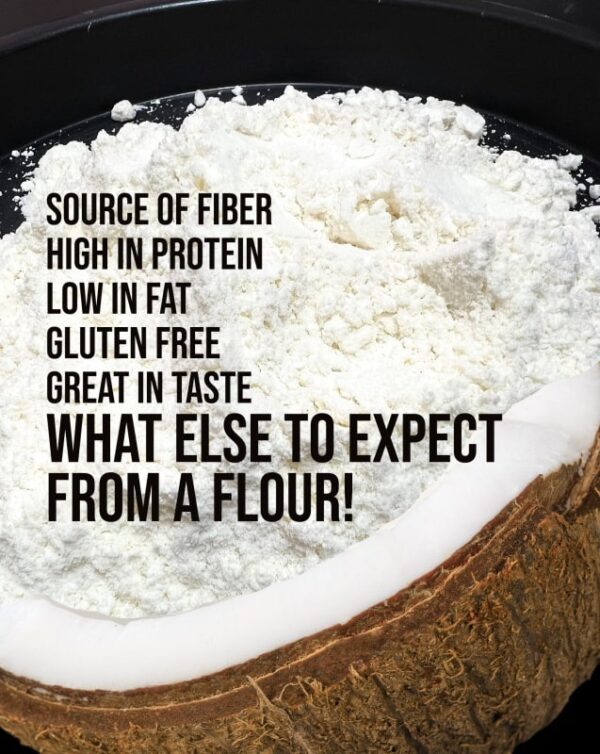
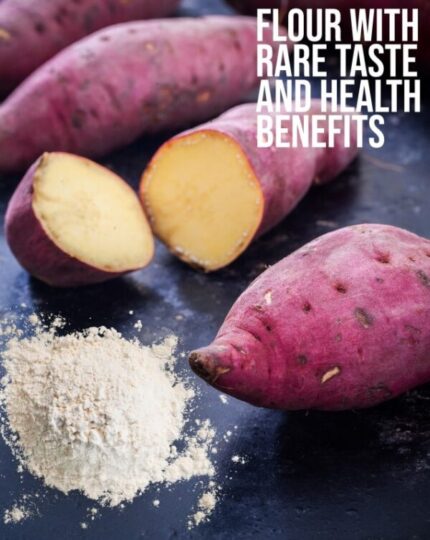

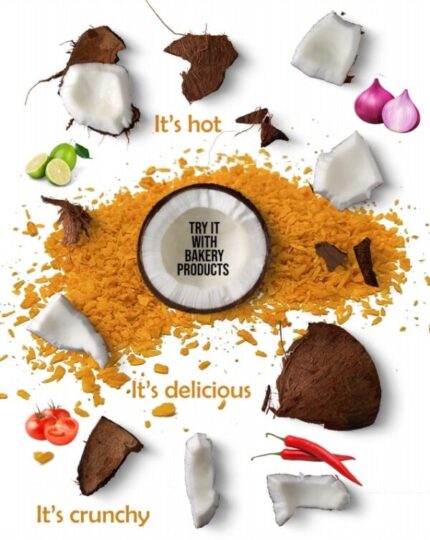
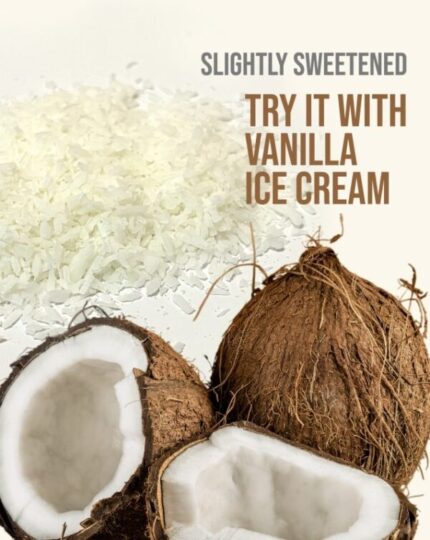
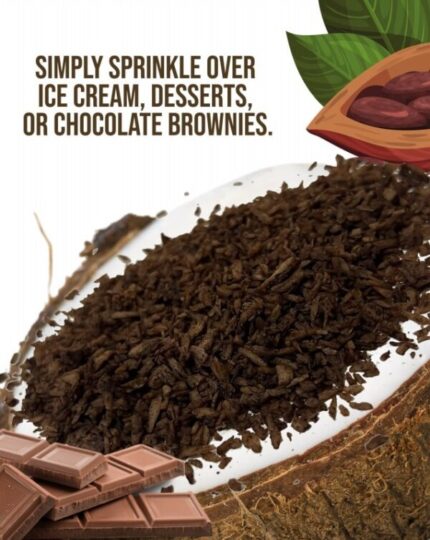




Reviews
There are no reviews yet.